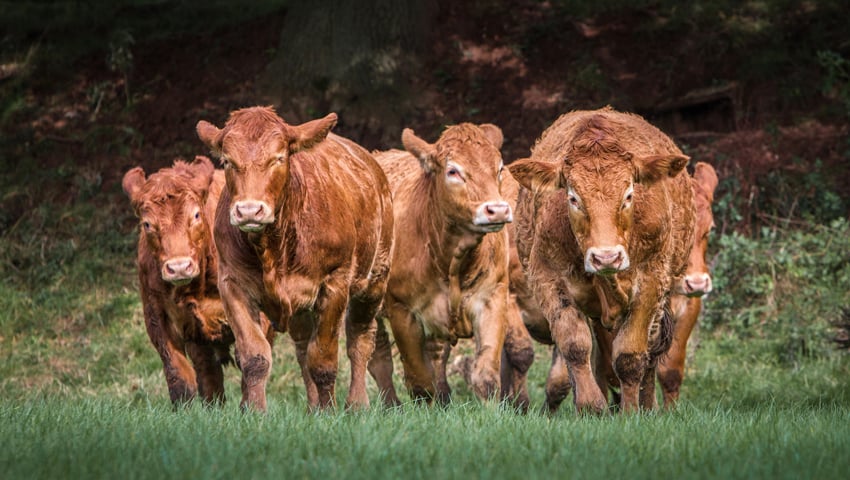The future of the 47 remaining small abattoirs in England and Wales appears more secure following a significant decision by the Food Standards Agency (FSA) Board to recommend the retention of the Small Abattoirs Discount to the Defra Minister.
This discount, which has been in place for many years, covers up to 90 per cent of charges for smaller abattoirs and, due to charges being per hour of vet time rather than based on throughput, larger operators have a much better economy of scale, whilst the cost for smaller operators per animal is nine times greater. It is therefore a significant amount of money, and without the discount smaller abattoirs would have to close or pass costs on to customers.
Soil Association Organic Sector Development Advisor Adrian Steele said, “We welcome today’s decision by the FSA board and its recommendation to the Defra minister that the Small Abattoir Discount is essential to allow small scale and organic farmers to connect with local customers and to support a diversity of livestock, including rare breeds, and higher quality grade fresh meat. For the first time the FSA has recognised the valuable role that small abattoirs play in the rural economy and in local communities.
“We simply cannot afford to see anymore abattoirs disappearing – with fewer than 50 still operating in England and Wales they have their work cut-out to support the growing organic sector and demand from consumers for greater choice when it comes to quality and where they buy their fresh meat. Small, local abattoirs are crucial to building resilient local supply chains and ensuring higher animal welfare standards.”
Sustainable Food Trust’s Head of Policy and Campaigns Megan Perry said, “We are pleased with the FSA proposal to continue with the discount on inspection charges for smaller abattoirs which is absolutely critical to the continued viability of these businesses. Their acknowledgement of the importance of smaller abattoir services was welcomed and their efforts to listen to industry was appreciated.
“Assuming the Minister agrees with this proposal, the next stage will be crucial and industry must be closely consulted about what form the discount should take and how it should be applied going forward. Any removal of the discount from larger abattoirs needs to be done carefully and in conversation with industry, with full understanding of any risk or impact the removal might have given that abattoirs of all sizes across the UK are important for overall food security. Beyond this immediate issue, many in the industry feel there remains a need to review the delivery of the meat inspection system and move to more modern risk-based controls.”
Research among small scale and organic farmers
The Association of Independent Meat Suppliers estimate that without the discount, 40 per cent of smaller abattoirs would have to close. The review of the discount therefore set alarm bells ringing across the industry and for the past six months organisations concerned by the potential loss of this discount have been working to build evidence and feed into the FSA’s consultation process.
The impact of any removal or reduction in discount would have had a devastating impact for those who rely on small abattoirs and for the local meat sector as well as wider UK food security. A recent survey by the Sustainable Food Trust in collaboration with the Soil Association and Rare Breeds Survival Trust of 850 UK farmers who use abattoirs found that a third had already seen the abattoir they were using close down in the past five years, and if their current abattoir were to close, 43 per cent said they would no longer sell meat locally, and 29 per cent would have to close their business.
The survey also found that if abattoir charges increased by 10 per cent, a third said they would have to pass this cost to consumers, a quarter would absorb the cost reducing already tight margins, and 11 per cent would seriously consider the overall viability of their business and consider closure.
